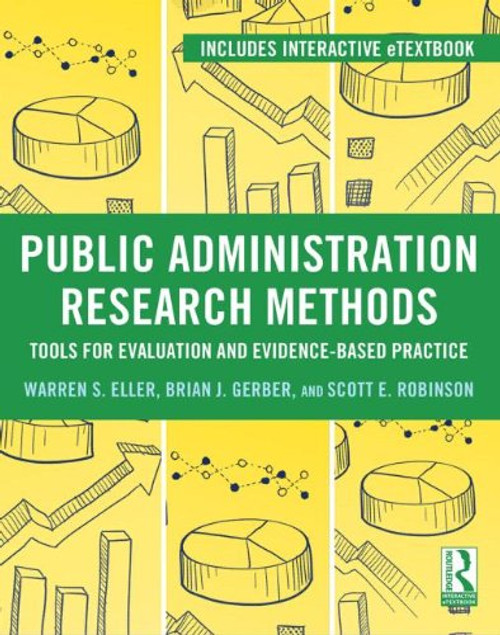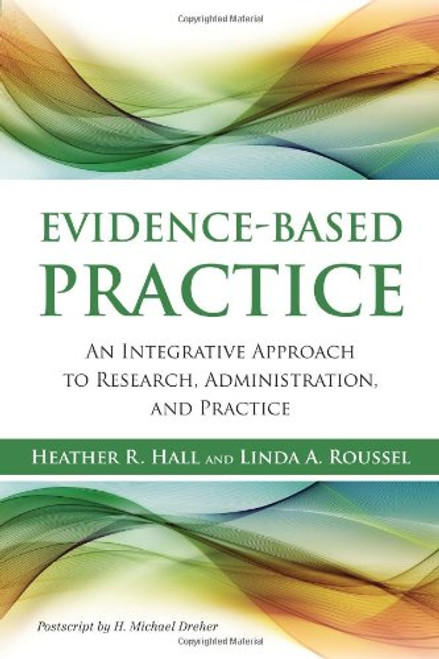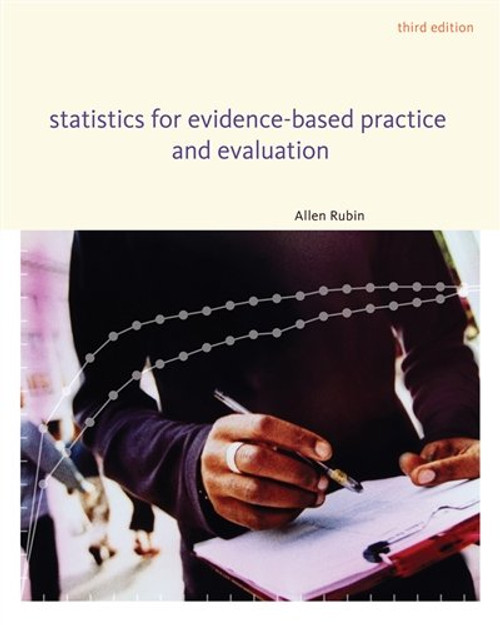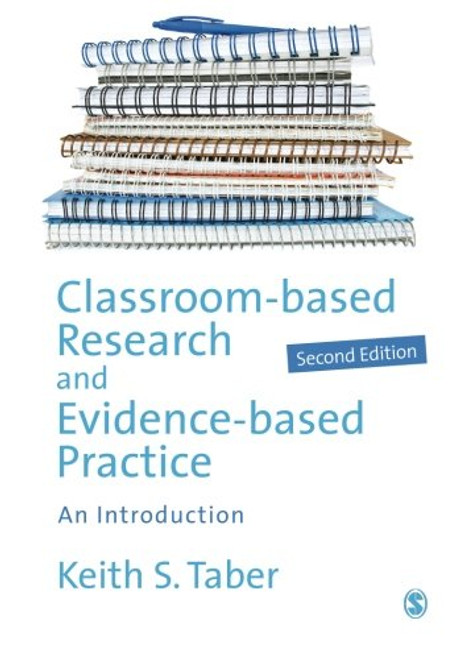Students intending to manage public organizations - ranging from local city offices to nonprofit organizations to many other types of organizations - have a specific set of needs from a methods course. These individuals will need exposure to a wide range of research tools and sufficient comprehension of these tools to read the results of research critically. Increasingly, managers are also finding it necessary to conduct their own research to address their organization's needs - that is, practicing evidence-based management. Research Methods for Evidence-Based Public Management address the needs of these practice-oriented students for a toolbox of public management research.
Public Administration Research Methods: Tools for Evaluation and Evidence-Based Practice
Brand: Routledge
$120.94 - $201.22
- UPC:
- 9780415895309
- Maximum Purchase:
- 2 units
- Binding:
- Paperback
- Publication Date:
- 2013-02-21
- Author:
- Warren Eller;Brian J. Gerber;Scott E. Robinson
- Language:
- english
- Edition:
- 0







